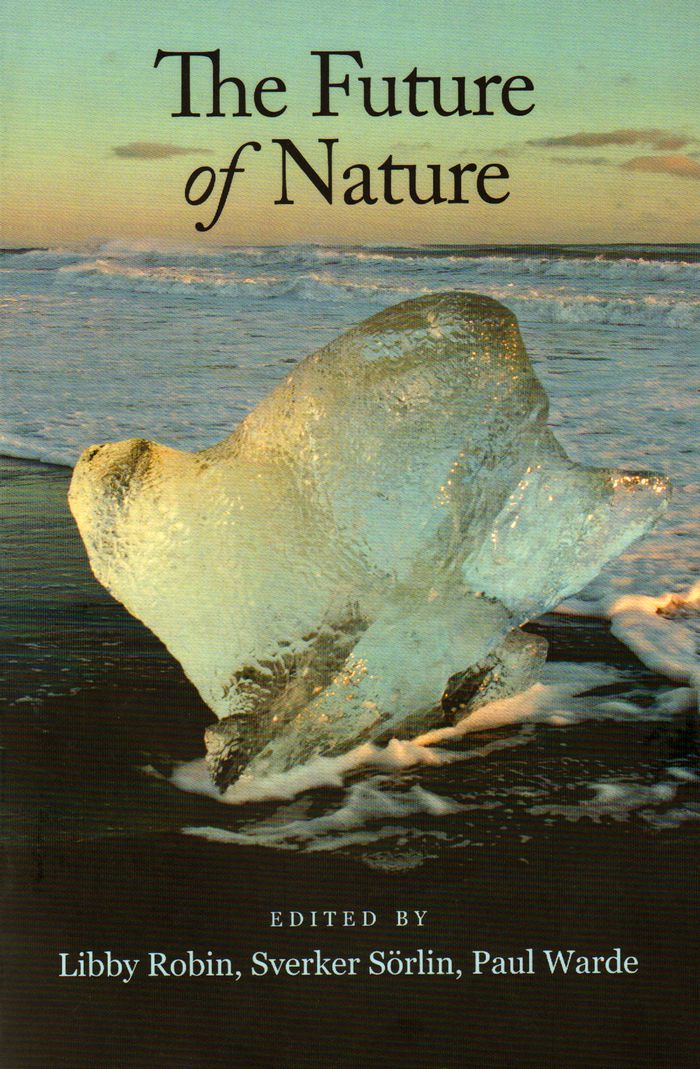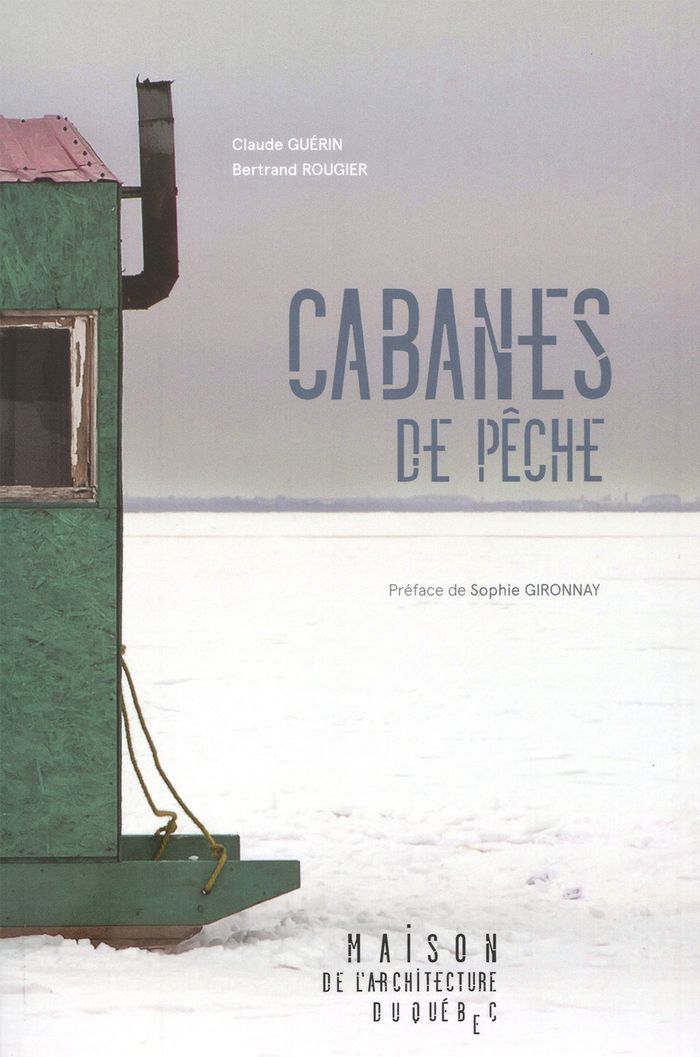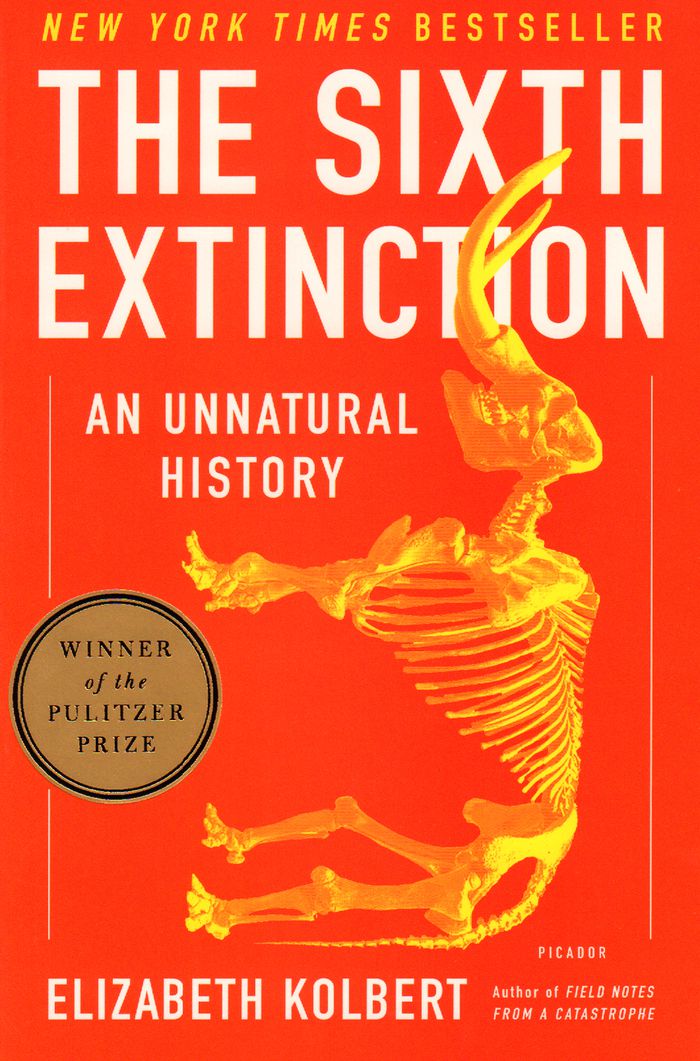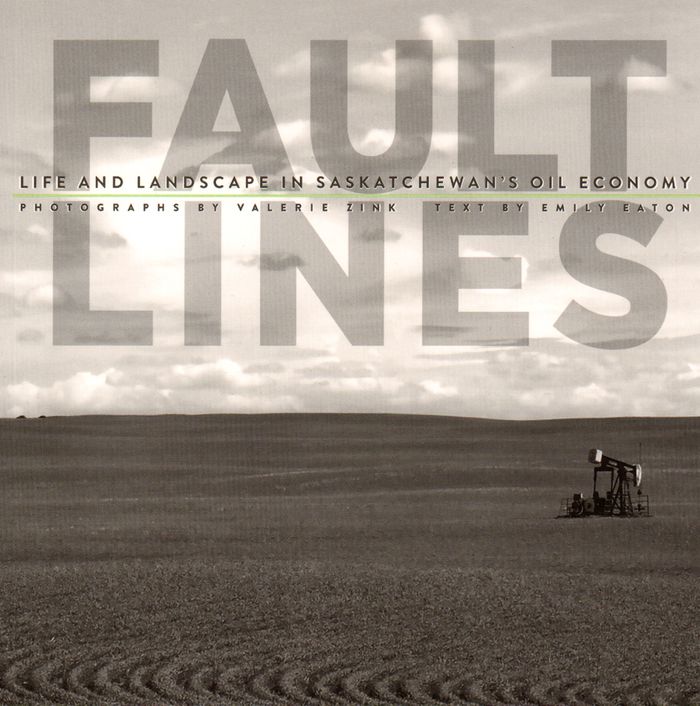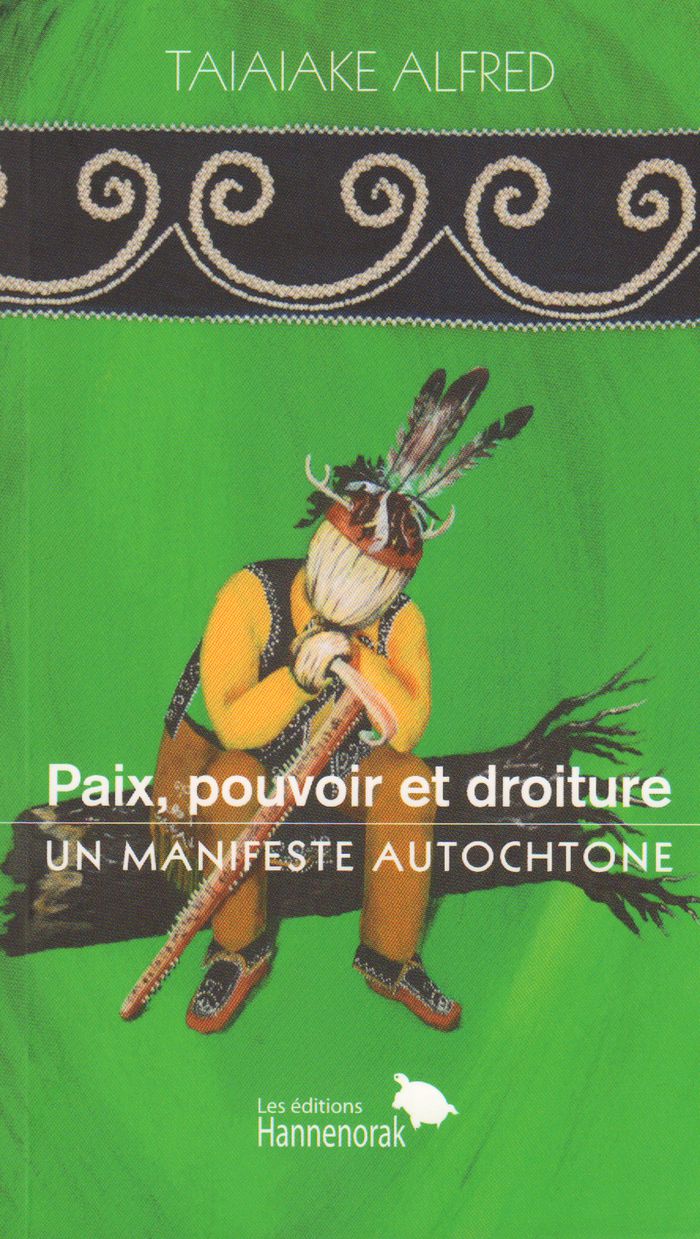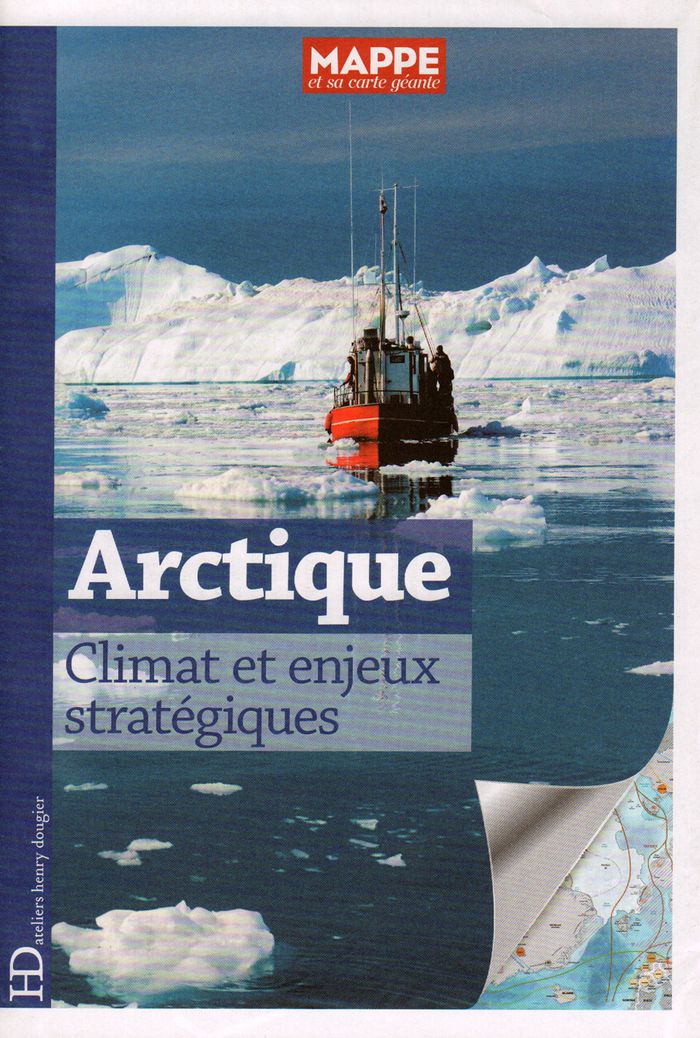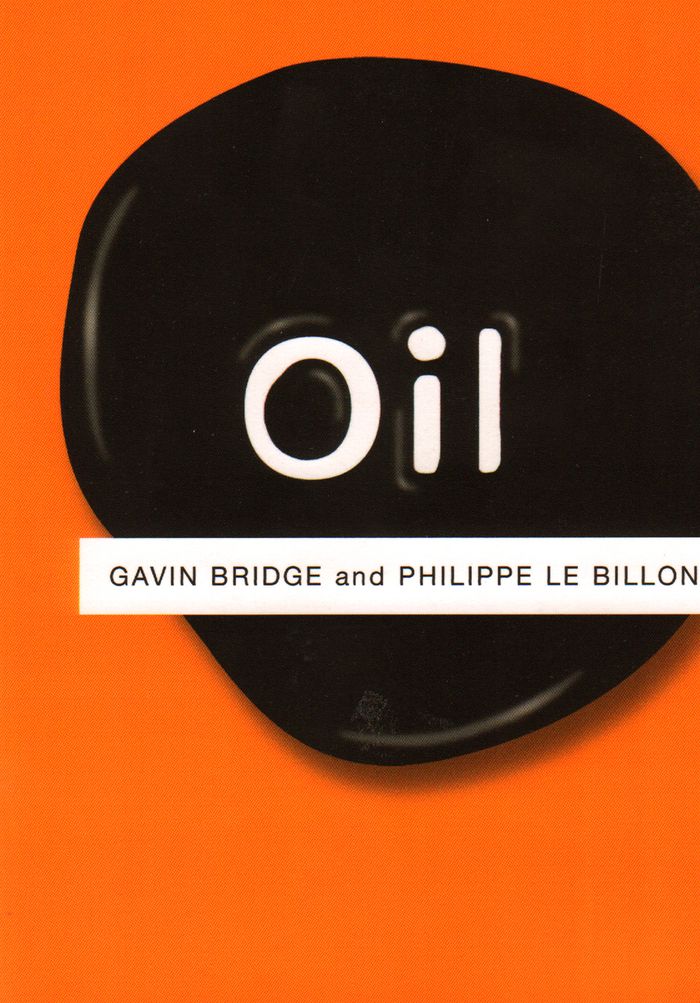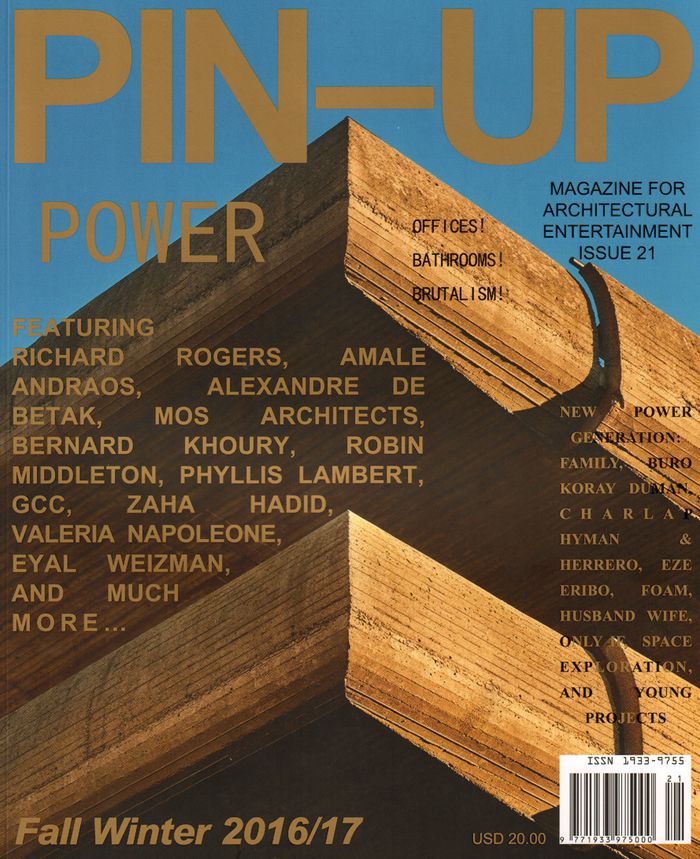$46.95
(disponible sur commande)
Résumé:
This anthology provides an historical overview of the scientific ideas behind environmental prediction and how, as predictions about environmental change have been taken more seriously and widely, they have affected politics, policy, and public perception. Through an array of texts and commentaries that examine the themes of progress, population, environment, biodiversity(...)
octobre 2013
The future of nature : documents of global change
Actions:
Prix:
$46.95
(disponible sur commande)
Résumé:
This anthology provides an historical overview of the scientific ideas behind environmental prediction and how, as predictions about environmental change have been taken more seriously and widely, they have affected politics, policy, and public perception. Through an array of texts and commentaries that examine the themes of progress, population, environment, biodiversity and sustainability from a global perspective, it explores the meaning of the future in the twenty-first century. Providing access and reference points to the origins and development of key disciplines and methods, it will encourage policy makers, professionals, and students to reflect on the roots of their own theories and practices.
Cabanes de pêches
$15.00
(disponible sur commande)
Résumé:
Catalogue qui accompagne l’exposition présentée en été 2016. Une publication de la MAQ qui réunit une préface de Sophie Gironnay, où le personnage de Philou reprend du service dans « Philou à la pêche blanche », un texte de Bertrand Rougier, « Cabanes : une perspective architecturale », et les 24 œuvres de Claude Guérin présentées en galerie.
octobre 2016
Cabanes de pêches
Actions:
Prix:
$15.00
(disponible sur commande)
Résumé:
Catalogue qui accompagne l’exposition présentée en été 2016. Une publication de la MAQ qui réunit une préface de Sophie Gironnay, où le personnage de Philou reprend du service dans « Philou à la pêche blanche », un texte de Bertrand Rougier, « Cabanes : une perspective architecturale », et les 24 œuvres de Claude Guérin présentées en galerie.
$18.50
(disponible sur commande)
Résumé:
Over the last half-billion years, there have been Five mass extinctions, when the diversity of life on earth suddenly and dramatically contracted. Scientists around the world are currently monitoring the sixth extinction, predicted to be the most devastating extinction event since the asteroid impact that wiped out the dinosaurs. This time around, the cataclysm is us. New(...)
The sixth extinction : an unnatural history
Actions:
Prix:
$18.50
(disponible sur commande)
Résumé:
Over the last half-billion years, there have been Five mass extinctions, when the diversity of life on earth suddenly and dramatically contracted. Scientists around the world are currently monitoring the sixth extinction, predicted to be the most devastating extinction event since the asteroid impact that wiped out the dinosaurs. This time around, the cataclysm is us. New Yorker writer Elizabeth Kolbert tells us why and how human beings have altered life on the planet in a way no species has before. Interweaving research in half a dozen disciplines, descriptions of the fascinating species that have already been lost, and the history of extinction as a concept, Kolbert provides a moving and comprehensive account of the disappearances occurring before our very eyes.
Expositions en cours
$74.95
(disponible sur commande)
Résumé:
In the densely populated urban areas of Japan, small houses with unusual spatial concepts and surprising layout solutions are emerging on narrow strips of land that would normally be considered unsuitable for home construction. Yet it’s not only this sense of space, but also the sensory use of materials and a feel for aesthetics skilfully combined with traditional(...)
novembre 2016
Housing in Japan: typologies for small spaces
Actions:
Prix:
$74.95
(disponible sur commande)
Résumé:
In the densely populated urban areas of Japan, small houses with unusual spatial concepts and surprising layout solutions are emerging on narrow strips of land that would normally be considered unsuitable for home construction. Yet it’s not only this sense of space, but also the sensory use of materials and a feel for aesthetics skilfully combined with traditional elements that have fascinated architects outside of Japan. The fact that most of the constructive solutions do not correspond to Central European standards is irrelevant: It’s the innovative approaches that serve as a source of inspiration. This volume presents the latest developments in residential projects from recent years. In addition to lavish photospreads and layout depictions, a selection of detailed solutions are presented that can be adapted to western standards.
$27.95
(disponible sur commande)
Résumé:
Oil is not new to Saskatchewan. Many of the wells found on farmland across the province date back to the 1950s when the industry began to spread. But there is little doubt that the recent boom (2006–2014) in unconventional oil production has reshaped rural lives and landscapes. While many small towns were suffering from depopulation and decline, others reoriented(...)
Fault lines : life and landscape in Saskatchewan's oil economy
Actions:
Prix:
$27.95
(disponible sur commande)
Résumé:
Oil is not new to Saskatchewan. Many of the wells found on farmland across the province date back to the 1950s when the industry began to spread. But there is little doubt that the recent boom (2006–2014) in unconventional oil production has reshaped rural lives and landscapes. While many small towns were suffering from depopulation and decline, others reoriented themselves around a booming oil industry.In the summer of 2014, at the height of the boom, geographer Emily Eaton and photographer Valerie Zink travelled to oil towns across the province, from the sea-can motel built from shipping containers on the outskirts of Estevan to seismic testing sites on Thunderchild First Nation’s Sundance grounds. In text and photographs, ''Fault Lines'' captures the complexities of engagement, ambivalence, and resistance in communities living amid oil.
Expositions en cours
Paix, pouvoir et droiture
$21.95
(disponible sur commande)
Résumé:
"Paix, pouvoir et droiture : un manifeste autochtone", qui tire sa structure des chants du rituel de condoléances rotinohshonni, appelle toutes les Premières Nations à prêter une oreille attentive à la voix des ancêtres afin de développer une philosophie visant à contrer l’assimilation. L’essai d’Alfred est un véritable plaidoyer en faveur des droits et de(...)
Paix, pouvoir et droiture
Actions:
Prix:
$21.95
(disponible sur commande)
Résumé:
"Paix, pouvoir et droiture : un manifeste autochtone", qui tire sa structure des chants du rituel de condoléances rotinohshonni, appelle toutes les Premières Nations à prêter une oreille attentive à la voix des ancêtres afin de développer une philosophie visant à contrer l’assimilation. L’essai d’Alfred est un véritable plaidoyer en faveur des droits et de l’autodétermination des peuples autochtones. Ce manifeste se veut avant-gardiste, proposant des pistes de réflexion inédites ayant significativement participé à améliorer la compréhension des enjeux des Premières Nations de l’Amérique du Nord.
Expositions en cours
$17.95
(disponible sur commande)
Résumé:
Territoire immense (21 millions de km2) qui renvoie à un imaginaire mythique - les igloos, l'ours blanc, les esquimaux, sujet de toutes les envies, l'Arctique reste difficile à définir et à cerner. Quelle limite pour ce continent gelé ? Qui peut se revendiquer de manière légitime pour l'utilisation des nombreuses ressources du sous-sol marin ? Comment s'intègre cette(...)
Expositions en cours
novembre 2016
Arctique : climat et enjeux strategiques
Actions:
Prix:
$17.95
(disponible sur commande)
Résumé:
Territoire immense (21 millions de km2) qui renvoie à un imaginaire mythique - les igloos, l'ours blanc, les esquimaux, sujet de toutes les envies, l'Arctique reste difficile à définir et à cerner. Quelle limite pour ce continent gelé ? Qui peut se revendiquer de manière légitime pour l'utilisation des nombreuses ressources du sous-sol marin ? Comment s'intègre cette partie du globe à la mondialisation ? Qui habite l'Arctique ? Ces questions sont de première importance pour les 8 pays riverains - Canada, Danemark (Groenland), Etats-Unis (Alaska), Finlande, Islande, Norvège, Russie et Suède.
Expositions en cours
Timber
$26.95
(disponible sur commande)
Résumé:
Timber is a vital resource that is all around us. It is the house that shelters us, the furniture we relax in, the books we read, the paper we print, the disposable diapers for our babies, and the boxes that contain our cereal, detergent, and new appliances. The way we produce and consume timber, however, is changing. With international timber companies and big box(...)
Timber
Actions:
Prix:
$26.95
(disponible sur commande)
Résumé:
Timber is a vital resource that is all around us. It is the house that shelters us, the furniture we relax in, the books we read, the paper we print, the disposable diapers for our babies, and the boxes that contain our cereal, detergent, and new appliances. The way we produce and consume timber, however, is changing. With international timber companies and big box discount retailers increasingly controlling through global commodity chains where and how much timber is traded, the world's remaining old-growth forests, particularly in the developing world, are under threat of disappearing - all for the price of a consumer bargain. This trailblazing book is the first to expose what's happening inside corporate commodity chains with conclusions that fundamentally challenge our understanding of how and why deforestation persists. Authors Peter Dauvergne and Jane Lister reveal how timber now moves through long and complex supply chains from the forests of the global South through the factories of emerging economies like China to the big box retail shelves of Europe and North America. Well-off consumers are getting unprecedented deals. But the social and environmental costs are extraordinarily high as corporations mine the world's poorest regions and most vulnerable ecosystems. The growing power of big retail within these commodity chains is further increasing South-North inequities and unsustainable global consumption. Yet, as this book's highly original analysis uncovers, it is also creating some intriguing opportunities to promote more responsible business practices and better global forest governance.
Expositions en cours
Oil
$21.95
(disponible sur commande)
Résumé:
As a new geopolitics of oil emerges, the need for effective global oil governance becomes imperative. Praising the growing influence of civil society and attentive to the institutionalization of producer-consumer cooperation, this book identifies challenges and opportunities to curtail price volatility, curb demand and the growth of dirty oil, de-carbonise energy systems,(...)
Oil
Actions:
Prix:
$21.95
(disponible sur commande)
Résumé:
As a new geopolitics of oil emerges, the need for effective global oil governance becomes imperative. Praising the growing influence of civil society and attentive to the institutionalization of producer-consumer cooperation, this book identifies challenges and opportunities to curtail price volatility, curb demand and the growth of dirty oil, de-carbonise energy systems, and improve governance in oil producing countries.
Expositions en cours
Pin-Up 21: Power
$25.00
(disponible sur commande)
Résumé:
Including interview Features with Amale Andraos, Richard Rogers, MOS Architects, Alexandre de Betak, Phyllis Lambert, Nikil Saval, and Eyal Weizman. A special commission on the architecture of power by art collective GCC, a portfolio on new Haven Brutalism, the beauty of bathroom design, and a tribute to the late Zaha Hadid. A trip to Beirut, London, and New York City to(...)
Pin-Up 21: Power
Actions:
Prix:
$25.00
(disponible sur commande)
Résumé:
Including interview Features with Amale Andraos, Richard Rogers, MOS Architects, Alexandre de Betak, Phyllis Lambert, Nikil Saval, and Eyal Weizman. A special commission on the architecture of power by art collective GCC, a portfolio on new Haven Brutalism, the beauty of bathroom design, and a tribute to the late Zaha Hadid. A trip to Beirut, London, and New York City to visit the homes collector Valeria Napoleone, architect Bernard Khoury, and historian robin Middleton. Essays by Deyan Sudjic on nation building and by Tim Simonds on the link between luxury real estate and the craze for a healthy diet. Plus an introduction to new York architecture’s new Power Generation.
